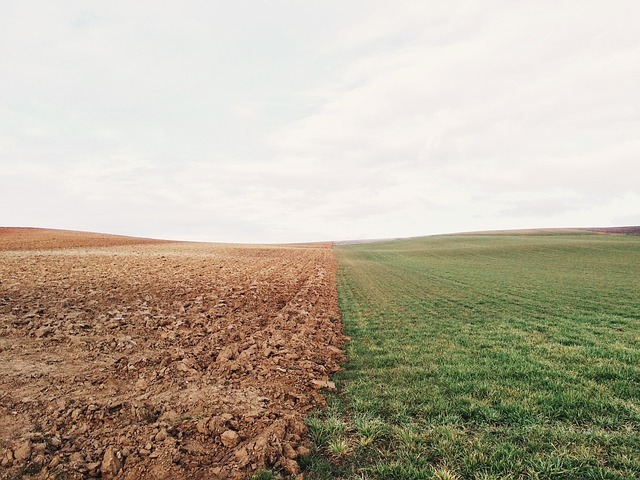As the month of May rolls in, bringing with it sunnier weather forecasts and warmer temperatures, residents in Flanders are sweating bullets over the possibility of another dry season. "Watering your lawn is not a good idea now," Patrick Willems of the University of Leuven told the Gazet van Antwerpen last month, adding that the region's water reserves had not yet recovered from a drought last year.
"If the weather continues to be good until August, we will really be in uncharted territory," Willems warned about the upcoming summer season.
A heatwave last summer sent temperatures in Europe soaring to record highs, putting Flanders' water reserves under strain in what the Royal Meteorological Institute labelled an "exceptional" drought.
The extreme weather conditions ultimately led authorities in five Flemish provinces to call on residents to use water only if "strictly necessary," leading to a 7 percent drop in water consumption.
But some Flemish municipalities are still reeling from the heat, as insufficient rainfall in the region means levels of groundwater reserves remain low, putting people and companies in a difficult position.
As a result, some farmers in the region have resorted to pumping water directly out of rivers and streams, according to reports by nature conservation association Natuurpunt.
With extreme weather conditions only expected to worsen over the following years, authorities in Flanders are seeking better ways to adapt and respond to similar situations in the future.
The Flemish Environment Agency has started to draw up plans to create guidelines for water use and define a priority policy for different types of water usage.
The plan is expected to lead to legal regulations on water use in the region, which the agency aims to put in place by the summer of 2020.
In April, the agency announced that the Flemish government had already approved a separate land and water development project which aimed to "work together" with farmers and landowners to implement "climate adaptative measures."
By contrast, more regular rainfalls in Wallonia have helped replenish water reserves in the region, even if water levels remain low for seasonal standards.
Gabriela Galindo
The Brussels Times

